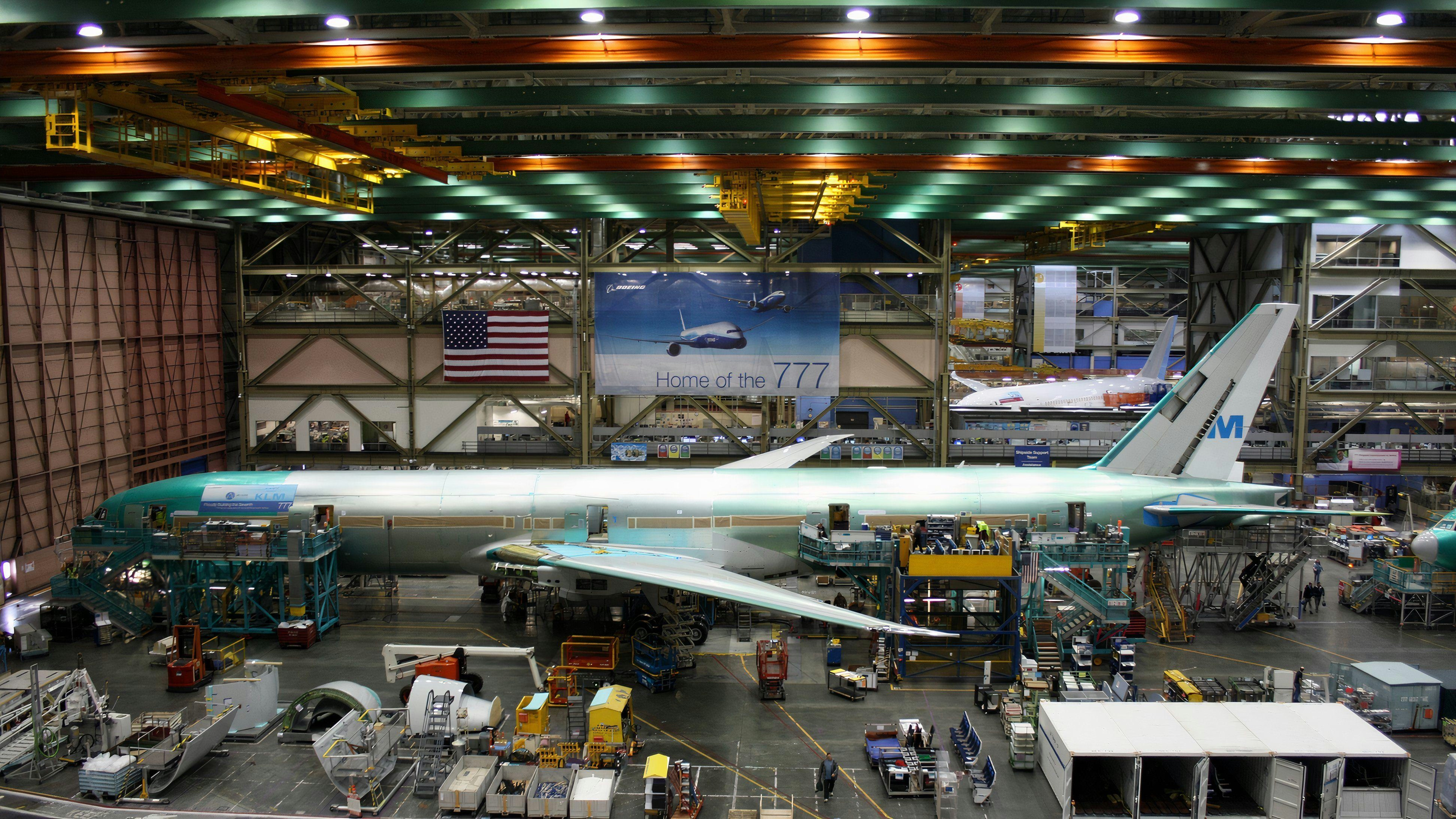أيروجيني — مساعدك الذكي للطيران.
الرائج الآن
Categories
Boeing maintains steady flow of 777F deliveries

Boeing Maintains Steady Flow of 777F Deliveries Amid Industry Challenges
Boeing has sustained a consistent delivery pace for its 777 freighter (777F) aircraft in 2025, having already surpassed last year’s total with 16 units delivered so far. The company’s latest figures indicate that five 777Fs were handed over in May alone, with Atlas Air Worldwide, China Airlines, Emirates, Ethiopian Airlines, and FedEx each receiving one aircraft. This steady output reflects a monthly progression from one delivery in January to five in May, demonstrating a robust upward trend despite ongoing industry challenges.
Delivery Trends and Market Demand
The delivery schedule for the 777F has shown a steady increase throughout the first five months of the year, with one aircraft delivered in January, two in February, four in March and April, and five in May. This performance comes amid persistent production difficulties faced by both Boeing and its main competitor, Airbus. These challenges have constrained their ability to accelerate delivery rates, even as market demand remains strong. Airbus has adopted a more cautious outlook on traffic growth, but both manufacturers are under pressure to meet customer expectations. Industry analysts continue to monitor closely for any adjustments in production or delivery strategies that might emerge in response to these pressures.
On the order front, Boeing has secured 13 new 777F orders in 2025, including eight from FedEx and five from undisclosed customers. These orders were placed in two waves, with two in January and 11 in March. This follows a solid 2024, during which Boeing recorded a total of 35 orders for the 777F. Nevertheless, the competitive environment remains challenging. Both Boeing and Airbus are grappling with supply chain constraints and the broader uncertainties of global trade, factors that continue to impact their ability to meet delivery targets.
The 767-300F Program and Future Outlook
Boeing’s freighter portfolio also includes the 767-300F, with five units delivered so far in 2025—three to FedEx and two to UPS. This compares with 10 deliveries in 2024 and 18 each in 2023 and 2022. However, orders for the 767-300F have slowed significantly, with no new orders recorded in 2023 and only eight placed by unidentified customers in December 2022 for 2024 deliveries. To date, no orders have been logged for 2025. Boeing has announced plans to end production of the 767 freighter in 2027, following a pause in deliveries last year due to quality issues affecting both commercial and military variants.
Looking ahead, Boeing’s next-generation 777-8F freighter, initially scheduled to enter the market in 2027, has been delayed until 2028. This postponement means that launch customer Qatar Airways will now wait more than six years for its first aircraft. The delay highlights the broader production and certification challenges confronting the aerospace industry, as manufacturers contend with supply chain disruptions and evolving market conditions.
As Boeing continues to deliver freighters at a steady rate, the company and the wider industry remain vigilant in navigating competitive pressures, production hurdles, and the complexities of the global trade environment.

Emirates Unveils Cabin Design for New Boeing 777X

Eighteen Years On, the Airbus A380 Remains Central to a $34 Billion Airline

How a boom in luxury airline seats is slowing down jet deliveries

Navitaire Outage Attributed to Planned Maintenance

DigiYatra Debuts Outside Aviation at India AI Impact Summit

Vietnam Orders Strengthen Boeing’s Commercial Outlook

Airbus Signals Uncertainty Over Future A400M Orders

JobsOhio Awards $2 Million Grant to Hartzell Propeller for Innovation Center

Collins Aerospace Tests Sidekick Autonomy Software on YFQ-42A for U.S. Air Force CCA Program

How the Airbus A350-1000 Compares to the Boeing 777
